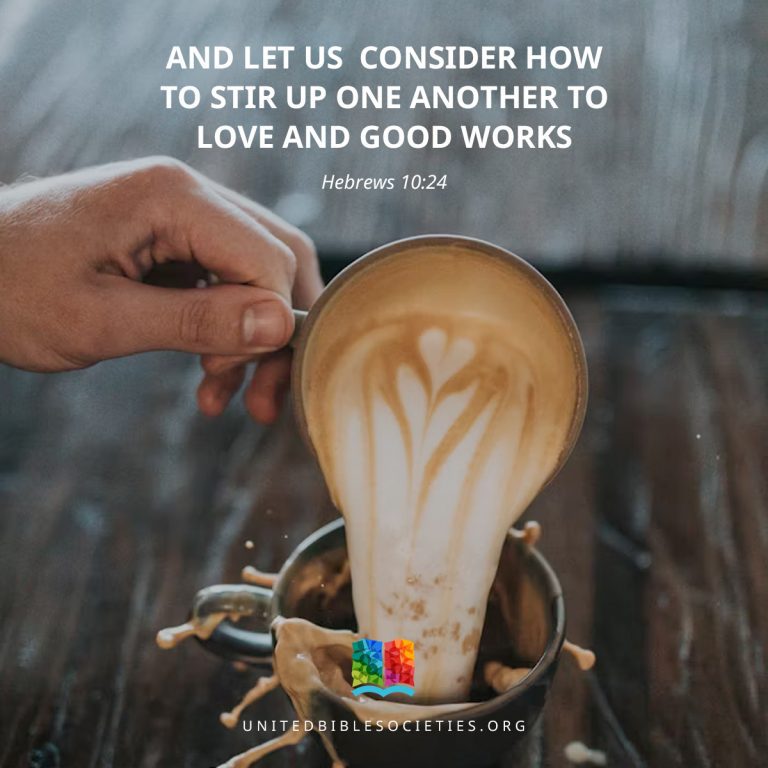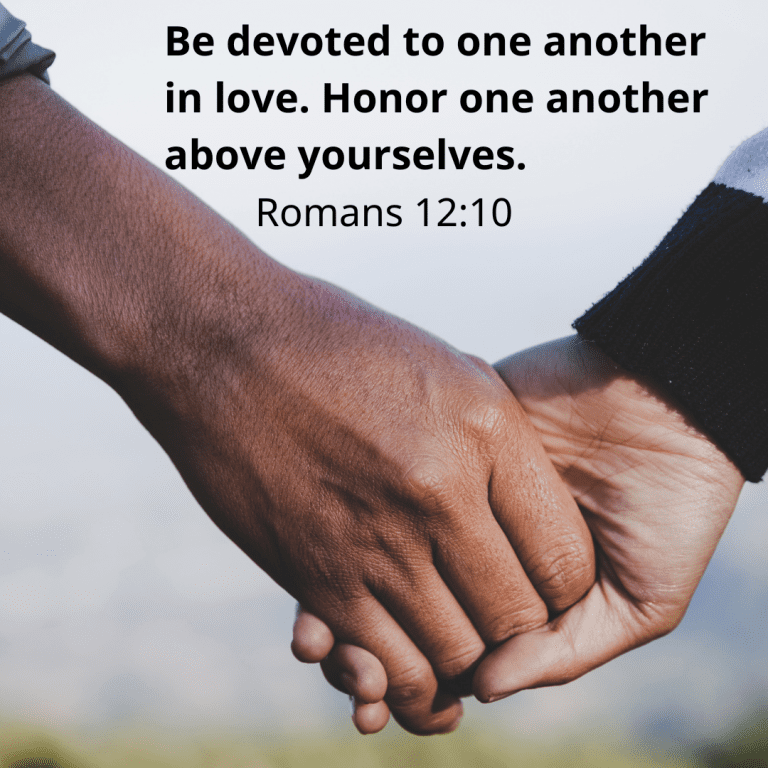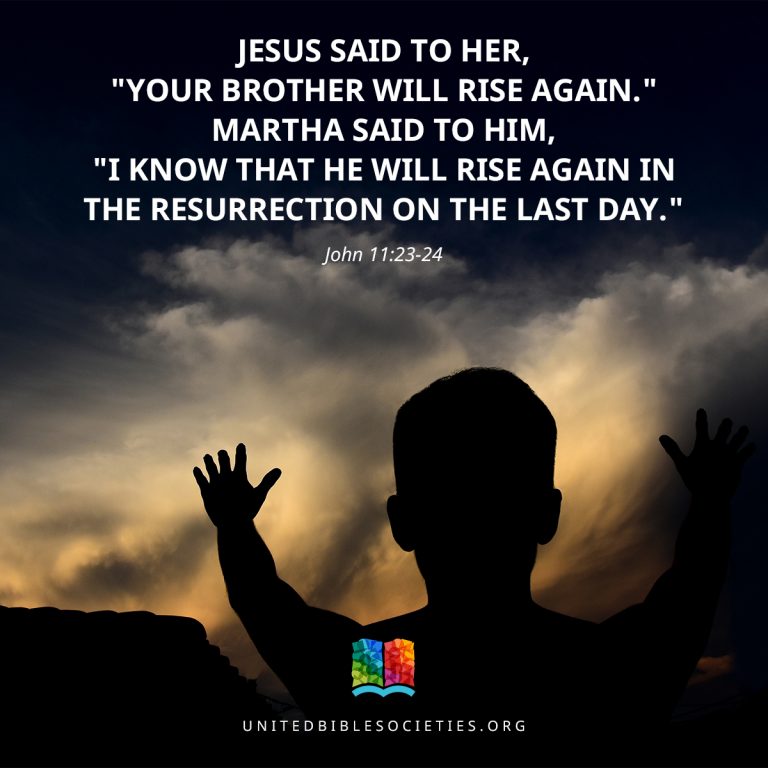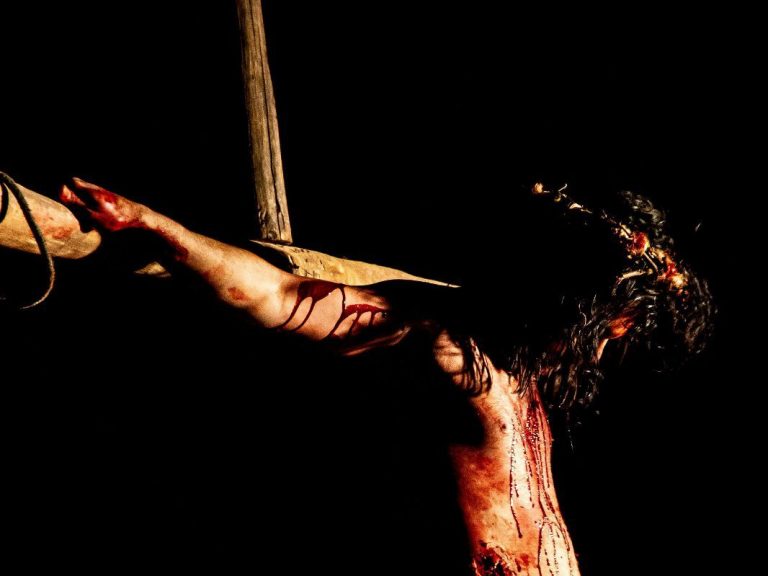Odaije gwa ‚ďźazuuma gwa dhagiye
1 Al Yasuu‚ďź odaije manaŇč, Ňčwulaici, 2 Gidhila ga Sama giro Ňčinena kweleny gwina gwigitijo Ňčari ŇčuŇčun ‚ďźazuuma gwa dhago. 3 Ňäwukeje jadham juŇčun Ňčwari jurnie lirina alila gi ‚ďźazuuma; albi doinya dila. 4 Ňäwari gwukeje jadham jiter manaŇč, Ňčwari gwuleny labiŇčaijo lirina, alaici, Nyi gwimageta Ňčida peth Ňča ‚ďźazuuma Ňčinena, a nyi gwimadhuge nyidhra a Ňčidi Ňčiter Ňčina Ňčikwenu; a Ňčidi Ňčimaro peth; ilal gi ‚ďźazuuma. 5 Athibi liji deŇčinaijo dhuŇčuna dhuŇčun no, alela Ňčiro Ňčegen. A gweta ela gi dhiruiny ganu dhuŇčun, a gwiter ela gi jiliny. 6 A liter mutha jadham juŇčun, alure Ňčina, alirinya. 7 Abi dina ma kweleny diŇčini dhuŇčuna ibidhe, Ňčwuka dhugore gwuleny; Ňčwukeje ejigur yuŇčun, Ňčwurinya lijo ibile, gwoca alidunijo len legen. 8 Ňäwari ŇčwabiŇčaijo jadham juŇčun, Ňčwulaici, Ňäidi Ňča ‚ďźazuuma Ňčimaro peth, abi lirin lati liŇčir no, limadoinya dila. 9 Idhul gi dai alaŇč peth, a liji lina lanyalbuje, nyalaici alila gi ‚ďźazuuma. 10 A jadham ibije tu, alela gi dai alaŇč, alodha lijo peth lina libujilo gi dai alaŇč, lina like a lina liŇčir; a liji oinyadhe k‚ďźazuuma ditel. 11 A dina ma kweleny ila daŇča lijo lina limila gi ‚ďźazuuma, Ňčwila ŇčwaŇča kwijo gweta gwina gwati gwigeno jallaabiiya ja ‚ďźazuuma no. 12 ŇäwabiŇčaijo, Ňčwaici, Madhiguri, kworaŇč Ňčabiladha gi ‚ďźazuuma gwiny, athaŇčabi geno jallaabiiya ja ‚ďźazuuma no? Ňäwubijalo jigwoiny. 13 Abi kweleny abiŇčaijo jadham juŇčun, Ňčwulaici, Gukul doi a Ňčwora, nyabre gi dhai, nya gatho kirim; gwaji gwanare mine, a gwinyini gi jiŇčai. 14 Loinyadho lurninu, abi coŇč dogo uthini ganu.
Othaije galo gwan dimejo GesŐĪaruŇčw
15 Abi Farriisiyiin ela, alabiŇčaijiye alari gwalugejo dhuŇčuna ganu dhuŇčun. 16 Alukeje calmiz jegen liji lai la Hiiruudus, alela dugun alugeje, alaici, Mu‚ďźallim gwai, anaŇča liliŇčidhi darnu Ňča gwiro titiganu, a dhuŇčun dhina dhathaŇčalimiye dha Kalo dhiro titiganu, athathaŇča dhenya kwijo gwetipo, i gwaŇča mirejo galo gweda no. 17 AbiŇčaijije au gwarakwai? Gwaudhi gi dhuŇčun dha naamuus dhathanimejo GesŐĪaruŇčw thulba a? i oo. 18 Abi Yasuu‚ďź liŇča Ňčwujimiya Ňčwegen, ŇčwulabiŇčaijo, Ňčwulaici. KworaŇč nyilbi ugeje? liji lai lina luthi dhuŇčuna ganu ram. 19 AŇčajinyilo gwarush gwa dhimeje. Alupijo rubu gweta. 20 ŇäwulabiŇčaijo, Ňčwulaici, SŐĪuura a jiriny ibija ja dhei jiro? 21 AlabiŇčaijo, alaici, Ja GesŐĪar. ŇäwulabiŇčaijo, Ňčwulaici, Dhedhul GesŐĪaruŇčw Ňčida Ňča GesŐĪar, nyadhedha KaloŇča Ňčida Ňča Kalo. 22 A mal diŇčini dhuŇčuna ibidhe alali galo dir, algathani, alela.
Othaije galo gwan dire dai
23 Gi lamun ibile letileta a SŐĪadduugiyiin ila dugun, lina latharnu liji lati lathidire dai no, alothaije galo, alaici, 24 Mu‚ďźallim gwai, Muusa gwacaijinu ada kwiji gweta gwimai, athuŇčw buthi keleŇča no, aram megen gwago kwaio gwuŇčun, ŇčwuliŇčijo keleŇča. 25 AnaŇča luthi lijo kworoŇčo‚Äźthiril liro Ňčimega; a gwina gwiro lira ago kwaio, Ňčwai, athuŇčw uthi keleŇča no, Ňčwari Ňčwai a megen apai kwaio gwuŇčun. 26 A gwina gwigwodhaijo ai ko, a gwiter manaŇč gwina gwigwodhaijo, ando kworoŇčo‚Äźthiril peth. 27 A gidon a kwa aji Ňčwai ko. 28 Gi lamun lina ladhil liji dira dai kwa ibigwe gwaji gwaro gwa dhei gi liji ibile liro kworoŇčo‚Äźthiril? Ňčinena agilo kwereny peth. 29 Albi Yasuu‚ďź aicinu, NyaŇča liro gathi, nyaŇča lati liliŇčidhi jitham a Ňčoma Ňča Kalo no. 30 Gi lamun lina ladhil liji dire dai lati lathago laio no, a la lati lathugini no, alro Ňčinena malaayka lina lathije gi Sama. 31 Abi gi dhuŇčun dha dhidire dai, nyaŇča lati limabiŇčaijo gi jitham ganu dhuŇčuna dhina dhabiŇču Kalo, Ňčwarnu, 32 Nyi gwiro Kalo ga Ibraahiim, nyiro Kalo ga IshŐĪaag, nyiro Kalo ga Ya‚ďźguub na? Kalo gati giro ga liji lina laio no, Ňčwubiro Kalo ga liji lina limidho. 33 A dina ma liji diŇčini dhuŇčuna ibidhe, alali galo dir gi ta‚ďźliim dhuŇčun.
Othaije galo gwan amr gwina gwibuthanu

34 Abi ma Farriisiyiin diŇčini darnu gwimajiye SŐĪadduugiyiin jigwoiny, alauradha liduŇčw. 35 A gweta degen, gwiro kwiji gwina gwathapai Ňčiro Ňča naamuus, diralaŇč, Ňčwugeje, Ňčwothaije galo, Ňčwaici, 36 Mu‚ďźallim gwai, amr gwiro gwirau gwa naamuus gwina gwibuthanu peth? 37 A Yasuu‚ďź abiŇčaijo, Ňčwaici, Uminyu Kwelenya gwina gwiro Kalo guŇča dhugor dhai dhuŇča peth, a dhigirim dhai dhuŇča peth, a Ňčadigireny Ňčai ŇčuŇča peth. 38 Amr ibigwa gwiro gwina gwiranu kwerkwereny a gwibuthanu peth. 39 A gwina gwigwodhaijo gwirna minoŇč, aram Ňča gwuminyi kwijo gwina gwijaijiyanya gwai galo gwiro Ňčinena uminyaŇčana gwidom gwuŇča. 40 Awaamir ibigwa ram naamuus peth a nebiŇča ladidhine.
Othaije galo gwan al MasiihŐĪ
41 Dina jo Farriisiyiin daurithadha liduŇčw, al Yasuu‚ďź othaije galo, Ňčwulaici, 42 NyaŇča latharnu al MasiihŐĪ gwiraŇč? Gwiro Ňčari Ňča dhei? Alaicinu, Gwiro Ňäari Ňča Daawud. 43 Ňäwulbaicinu, Abi akwai abi Daawud dhigirim dhai dhedha jiriny jan Kweleny, Ňčwarnu, 44 Kweleny gwabiŇčaijo Kwelenya gwiny, Ňčwaici, Jalo gi dhoi dhiny dhina dhiro dhiŇčir, di minyi ruje lijo gidhur ga Ňčwora ŇčwuŇča lina likiyanyalai? 45 Ada gwima Daawud aici, Kweleny, abi gwaro Ňčari ŇčuŇčun akwai? 46 Abi kwiji erna gwetipo gwina gwawurujo galo, albi dhenya; athil uthi Ňčoma gwal othaije galo dhuŇčun dhai dhetipo manaŇč no.
The Parable of the Wedding Feast
(Luke 14.15-24)1 Jesus again used parables in talking to the people. 2 ‚ÄúThe Kingdom of heaven is like this. Once there was a king who prepared a wedding feast for his son. 3 He sent his servants to tell the invited guests to come to the feast, but they did not want to come. 4 So he sent other servants with this message for the guests: ‚ÄėMy feast is ready now; my steers and prize calves have been butchered, and everything is ready. Come to the wedding feast!‚Äô 5 But the invited guests paid no attention and went about their business: one went to his farm, another to his store, 6 while others grabbed the servants, beat them, and killed them. 7 The king was very angry; so he sent his soldiers, who killed those murderers and burned down their city. 8 Then he called his servants and said to them, ‚ÄėMy wedding feast is ready, but the people I invited did not deserve it. 9 Now go to the main streets and invite to the feast as many people as you find.‚Äô 10 So the servants went out into the streets and gathered all the people they could find, good and bad alike; and the wedding hall was filled with people.
11 ‚ÄúThe king went in to look at the guests and saw a man who was not wearing wedding clothes. 12 ‚ÄėFriend, how did you get in here without wedding clothes?‚Äô the king asked him. But the man said nothing. 13 Then the king told the servants, ‚ÄėTie him up hand and foot, and throw him outside in the dark. There he will cry and gnash his teeth.‚Äô‚ÄĚ
14 And Jesus concluded, ‚ÄúMany are invited, but few are chosen.‚ÄĚ
The Question about Paying Taxes
(Mark 12.13-17Luke 20.20-26)15 The Pharisees went off and made a plan to trap Jesus with questions. 16 Then they sent to him some of their disciples and some members of Herod's party. ‚ÄúTeacher,‚ÄĚ they said, ‚Äúwe know that you tell the truth. You teach the truth about God's will for people, without worrying about what others think, because you pay no attention to anyone's status. 17 Tell us, then, what do you think? Is it against our Law to pay taxes to the Roman Emperor, or not?‚ÄĚ
18 Jesus, however, was aware of their evil plan, and so he said, ‚ÄúYou hypocrites! Why are you trying to trap me? 19 Show me the coin for paying the tax!‚ÄĚ
They brought him the coin, 20 and he asked them, ‚ÄúWhose face and name are these?‚ÄĚ
21 ‚ÄúThe Emperor's,‚ÄĚ they answered.
So Jesus said to them, ‚ÄúWell, then, pay to the Emperor what belongs to the Emperor, and pay to God what belongs to God.‚ÄĚ
22 When they heard this, they were amazed; and they left him and went away.
The Question about Rising from Death
(Mark 12.18-27Luke 20.27-40)23 That same day some Sadducees came to Jesus and claimed that people will not rise from death. 24 ‚ÄúTeacher,‚ÄĚ they said, ‚ÄúMoses said that if a man who has no children dies, his brother must marry the widow so that they can have children who will be considered the dead man's children. 25 Now, there were seven brothers who used to live here. The oldest got married and died without having children, so he left his widow to his brother. 26 The same thing happened to the second brother, to the third, and finally to all seven. 27 Last of all, the woman died. 28 Now, on the day when the dead rise to life, whose wife will she be? All of them had married her.‚ÄĚ
29 Jesus answered them, ‚ÄúHow wrong you are! It is because you don't know the Scriptures or God's power. 30 For when the dead rise to life, they will be like the angels in heaven and will not marry. 31 Now, as for the dead rising to life: haven't you ever read what God has told you? He said, 32 ‚ÄėI am the God of Abraham, the God of Isaac, and the God of Jacob.‚Äô He is the God of the living, not of the dead.‚ÄĚ
33 When the crowds heard this, they were amazed at his teaching.
The Great Commandment
(Mark 12.28-34Luke 10.25-28)34 When the Pharisees heard that Jesus had silenced the Sadducees, they came together, 35 and one of them, a teacher of the Law, tried to trap him with a question. 36 ‚ÄúTeacher,‚ÄĚ he asked, ‚Äúwhich is the greatest commandment in the Law?‚ÄĚ
37 Jesus answered, ‚Äú‚ÄėLove the Lord your God with all your heart, with all your soul, and with all your mind.‚Äô 38 This is the greatest and the most important commandment. 39 The second most important commandment is like it: ‚ÄėLove your neighbor as you love yourself.‚Äô 40 The whole Law of Moses and the teachings of the prophets depend on these two commandments.‚ÄĚ
The Question about the Messiah
(Mark 12.35-37Luke 20.41-44)41 When some Pharisees gathered together, Jesus asked them, 42 ‚ÄúWhat do you think about the Messiah? Whose descendant is he?‚ÄĚ
‚ÄúHe is David's descendant,‚ÄĚ they answered.
43 ‚ÄúWhy, then,‚ÄĚ Jesus asked, ‚Äúdid the Spirit inspire David to call him ‚ÄėLord‚Äô? David said,
44 ‚ÄėThe Lord said to my Lord:
Sit here at my right side
until I put your enemies under your feet.’
45 If, then, David called him ‚ÄėLord,‚Äô how can the Messiah be David's descendant?‚ÄĚ
46 No one was able to give Jesus any answer, and from that day on no one dared to ask him any more questions.



